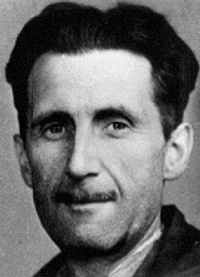Breathing Room: Poems
Peter Davison. Alfred A. Knopf, $23 (80pp) ISBN 978-0-375-41104-5
After more than 35 years of poetry collections, memoirs, criticism and editorial work, Davison announces that the poems of his 11th collection ""mostly assume a single poetic form,"" one he borrows from the late work of a greater ombudsman, William Carlos Williams. But where Williams's achieves an intuitive elegance through triadic-footed tercets that matched the breath, Davison's free verse tends to go slack along with the material it carries, like the old pal the speaker catches ""calculating/ whether life with her might not be/ very convenient, considering her parent's/ money."" More at home as a naturalist than a nostalgic storyteller, Davison strikes a keener music when strolling through a ""Seaside Summer Quarry"" (""Sentried by sabers of iris,/ bared granite rocks/ jut up// from the soft starry beds of/ emerald moss"") or observing how ""Falling Water"" will join ""its first// brook and amble off into the yielding/ soft-shouldered marsh past fat roots of/ lilies to linger among the slick fronds// of algae paddled by ducks."" Davison, however, is more prosaic when taking on the relationship of Ted Hughes and Sylvia Plath, whether problematically adopting Plath herself as the speaker in ""Sorry"" (""When I woke up my cheek was full of maggots./ In the hospital they broke my head/ with lightning bolts. Everyone was so kind."") or, even more presumptuously, collaging snippets from some of the couple's more famous poems (Hughes's ""Lovesong"" and Plath's ""Daddy"" and ""Edge"") in a ""Ballad"" commemorating their ""immortal mismarriage,/ their language// splintered and splayed/ in the throes/ of brutality."" The effect is not cathartic, transgressive or celebratory in any sense. Davison opens his book with ""No Escape"" and closes it with the very same poem (only in italics), but readers may have already gone out the back by then. (Sept.)
Details
Reviewed on: 09/04/2000
Genre: Fiction
Open Ebook - 67 pages - 978-0-307-82450-9
Paperback - 80 pages - 978-0-375-70937-1


